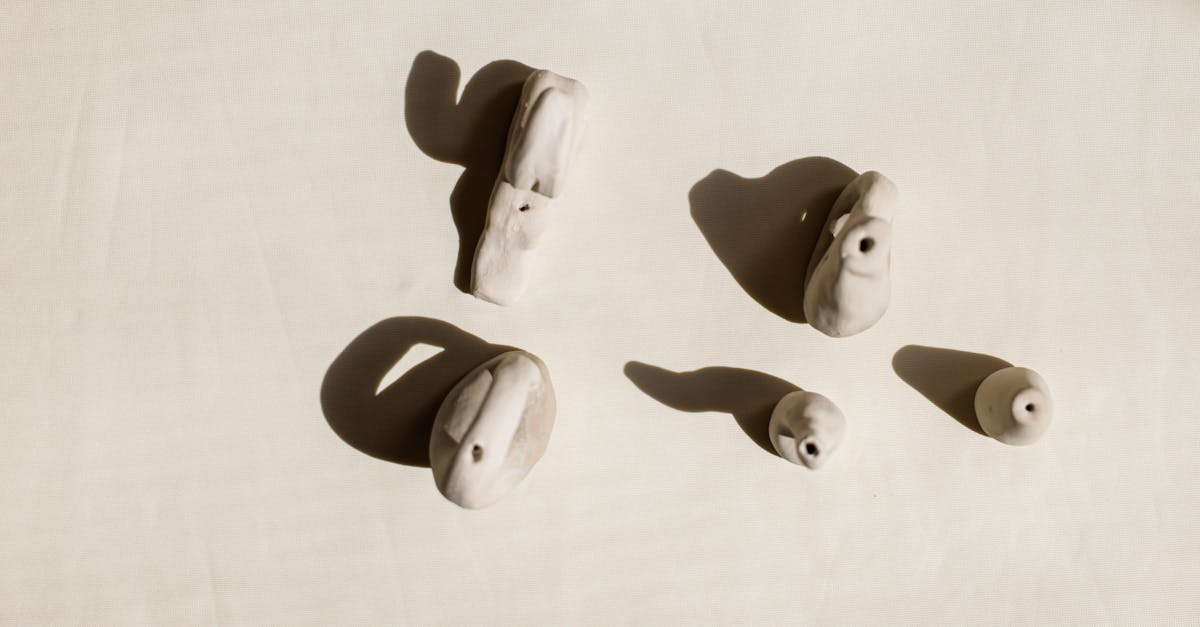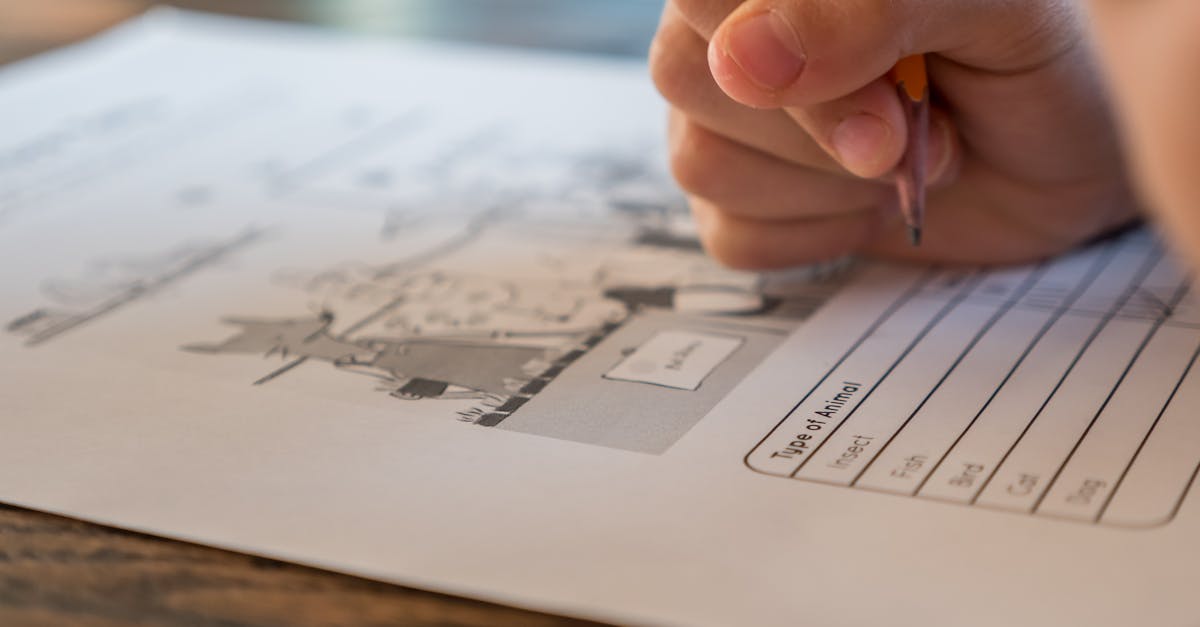Why AI for Preschoolers?
Imagine this: your little one, with a bright-eyed look of wonder, exploring the incredible world of AI. That’s right, preschoolers can dive into AI too! It’s never too early to introduce the logical wonder of artificial intelligence. By doing so, you’re not just teaching them ‘cool robot stuff’; you’re fostering an early love for science, problem-solving, and creativity. Remember, it’s about making complex concepts digestible and fun.

Engaging preschoolers with AI can spark their curiosity and lay the groundwork for future learning in technology and innovation. It can help develop critical thinking skills, promote resourcefulness, and encourage them to explore the endless possibilities of technology. With the right guidance and age-appropriate activities, AI can become a fascinating and accessible realm for young minds to uncover.
Easy-Peasy Lemon Squeezy AI Experiments
Let’s start simple. What about an AI-generated storybook where characters change based on weather conditions outside? Or a voice-activated drawing tool that brings doodles to life? These projects don’t require advanced coding skills but offer a fantastic introduction to the cause-and-effect nature of AI. Plus, they’re loads of fun. Imagine the giggles when sunny skies turn the story’s villain into a friendly ice-cream seller!

AI Crafts That Spark Curiosity
Crafts take a fun twist with AI. Create a music box that changes tunes based on different colored cards you insert, representing various moods. This not only introduces AI concepts but also emotion recognition—an essential skill.
Picture your living room turned into a mini science lab, with your child as the lead inventor, their eyes sparkling with pride with every new tune.

Navigating Emotional Hurdles Together
Diving into AI with your preschooler isn’t just about the projects; it’s about the journey. It’s common for both of you to feel frustration when things don’t go as planned. However, these moments are golden opportunities to teach perseverance and the value of mistakes. Share stories of scientists who failed before succeeding. Your child will learn that setbacks are not the end but rather part of the exciting adventure of learning.

Remember, the learning process is as crucial as the end result. Encourage your child to explore, experiment, and most importantly, enjoy the journey of discovery together!
Encouraging Your Mini Einstein
Finally, remember to cheer on your little scientist. Whether it’s a high five for a project completed or encouragement through the trials, your support is invaluable. Celebrate the messes and the successes equally. Spark their curiosity by asking questions about how they think their project works. Your involvement shows them that learning is a lifelong adventure, encouraging them to keep exploring and questioning the world around them.

